Abandoned Pantheons
Ashes Upon the Altar
The wind carries dust through shattered columns where once the drums thundered for Cybele. The temple stands like the skeleton of a mountain—silent, its window-eyes hollow. No one dances anymore to her lion’s roar. No one prays for the earth to bear fruit. But if you look closely, in the cracks of the stone, her gaze flickers—ancient as the planet itself, and cold as a signal from space. Cybele waits for you to remember.
Temple in Ruins
Cybele, Mother of Mountains, was born in Phrygia, where her name was carved into cliffs before humans could count the stars. In Antalya and Mersin, her cult pierced through Hittite and Lycian traditions like roots through rock. In Lycia, near Xanthos, priests whispered her name in caves where wide-hipped figurines spoke of fertility. In Cilicia, in Tarsus, her altars stood near springs where the water was her tears. Her rituals—ecstasy, blood, drum-fueled dance—were both feared and revered until the Greeks tidied her into their Rhea, and the Romans proclaimed her Magna Mater.
Archaeology is silent: in Antalya they found broken figurines with lions, in Mersin—traces of altars near the Kydyrlı river. Her temples fell under Persian spears, Roman roads, and time. Only myths remain—of Attis, her lover who castrated himself under her gaze, and of the lionesses that guarded her sleep. Today, only dust and tourists with selfie sticks mark the spots where her altars once stood.
Faces of Forgetting
Cybele is a mountain mass, a lion queen whose claws tore the earth to yield harvest. Her image: a woman crowned with city walls, seated on a throne, lions flanking her sides or pulling a chariot across valleys. Her hands held a scepter and the signs of fertility—grain, fruit. They called her Matar Kubileya, the Great Mother, sometimes simply “Mother.” Her forgotten name still echoes in the mountains of Lycia, in the rivers of Cilicia, where she was worshipped as the giver of life and the protector.
She was everything: mother of gods, guardian of cities, embodiment of nature’s chaos. Her cult demanded sacrifices—not just lambs, but souls surrendered in ecstasy. Her lions roared in the night, her drums beat in the heart of the earth. Today, these are just shadows in textbooks.
Shadows at the Edge of the Mind
Why do we need dead gods? Cybele is not just a statue in a museum. She is our fear of barren soil, our hope for harvest in a world where drones sow the fields and AI predicts the rain. Her lions are our inner demons roaring in Antalya’s traffic. Her mountains—our megacities, rising from stone. She lives in us, in the panic of drought, in our love for the wild nature we trample.
When temples fall, gods don’t die—they migrate into our minds, becoming code, a virus we can’t delete. Cybele stares through the cracks to remind us: the Earth is stronger than us, even if we launch rockets to Mars.
How Did We Get Here?
To seek Cybele is to climb into the past. In Antalya, start with the Karain Cave—30 km to the north, about an hour’s drive on the D400. In Mersin, look for traces near the Kydyrlı river in Tarsus, 20 minutes from the city center. Bring water, a flashlight, and respect—caves don’t like fools. Don’t pick the plants, don’t touch the stones: Cybele may forgive, but local archaeologists won’t.
What to see: in Antalya—Neolithic figurine fragments in the museum; in Tarsus—remains of altars. Summer is a bad time—the heat will fry your brain. Spring or autumn are ideal, when nature whispers her name. Don’t expect signs—this isn’t a resort.
Echo in the Void
Standing at the Karain Cave, I felt her breath—cold as mountain wind. The silence pressed down, yet within it was the roar of lions that weren’t there. In Tarsus, by the river, the stones seemed alive, as if Cybele still whispered through the water. It wasn’t reverence—it was a spike of fear, that she was right: we are guests on her land, and she can evict us. Her gaze from the cracks is not forgiveness, but a challenge.
#VoiceOfRuins, #AbandonedPantheons, #MythsOfAsiaMinor, #AnatolianMythology, #ArchaeologyOfTheSpirit, #Cybele, #Antalya, #Mersin, #Lycia, #Cilicia, #Attis, #Fertility, #Ruins






Our Telegram-channel: Voice Of Ruins https://t.me/Voice_Of_Ruins
Our Instagram: Voice Of Ruins https://www.instagram.com/voiceofruins/
Our group on Facebook: Voice Of Ruins https://www.facebook.com/share/g/16aitn9utM/
Our site: Voice Of Ruins https://www.voiceofruins.org

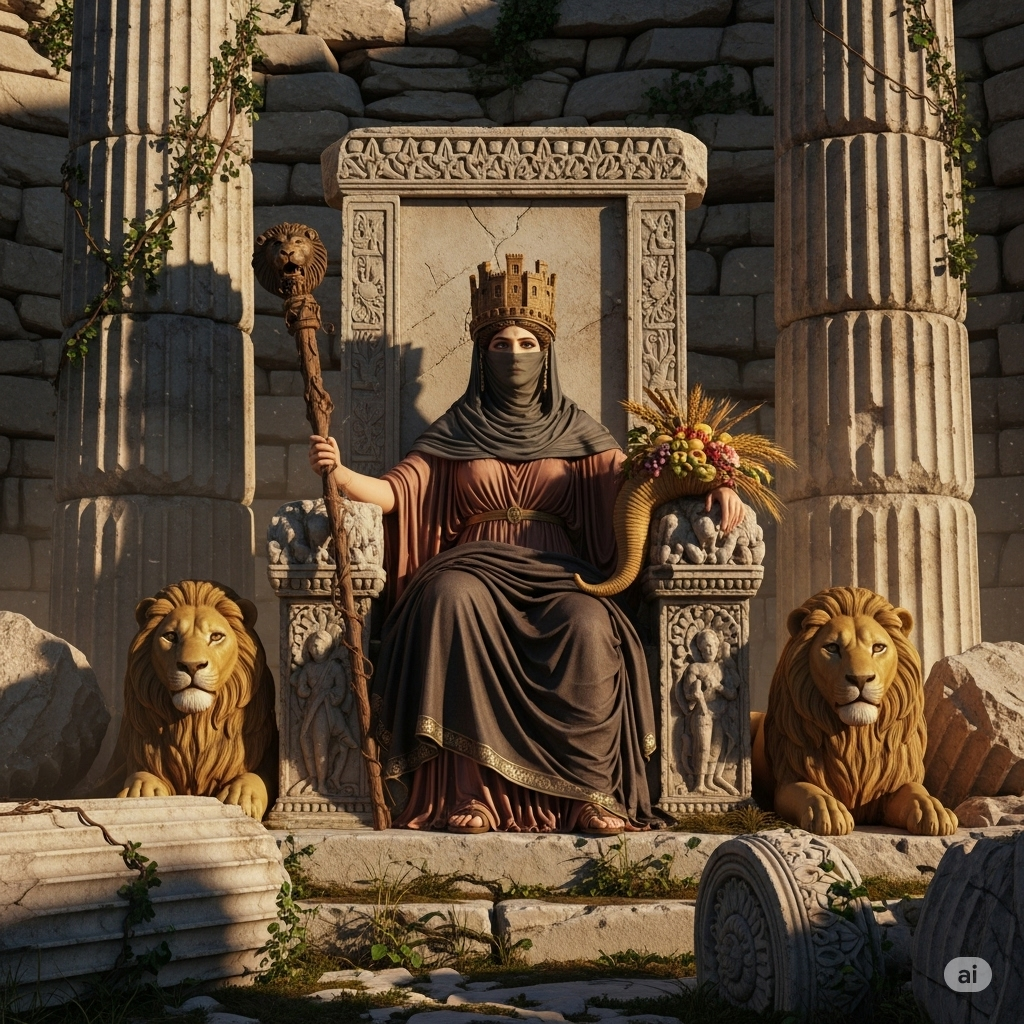
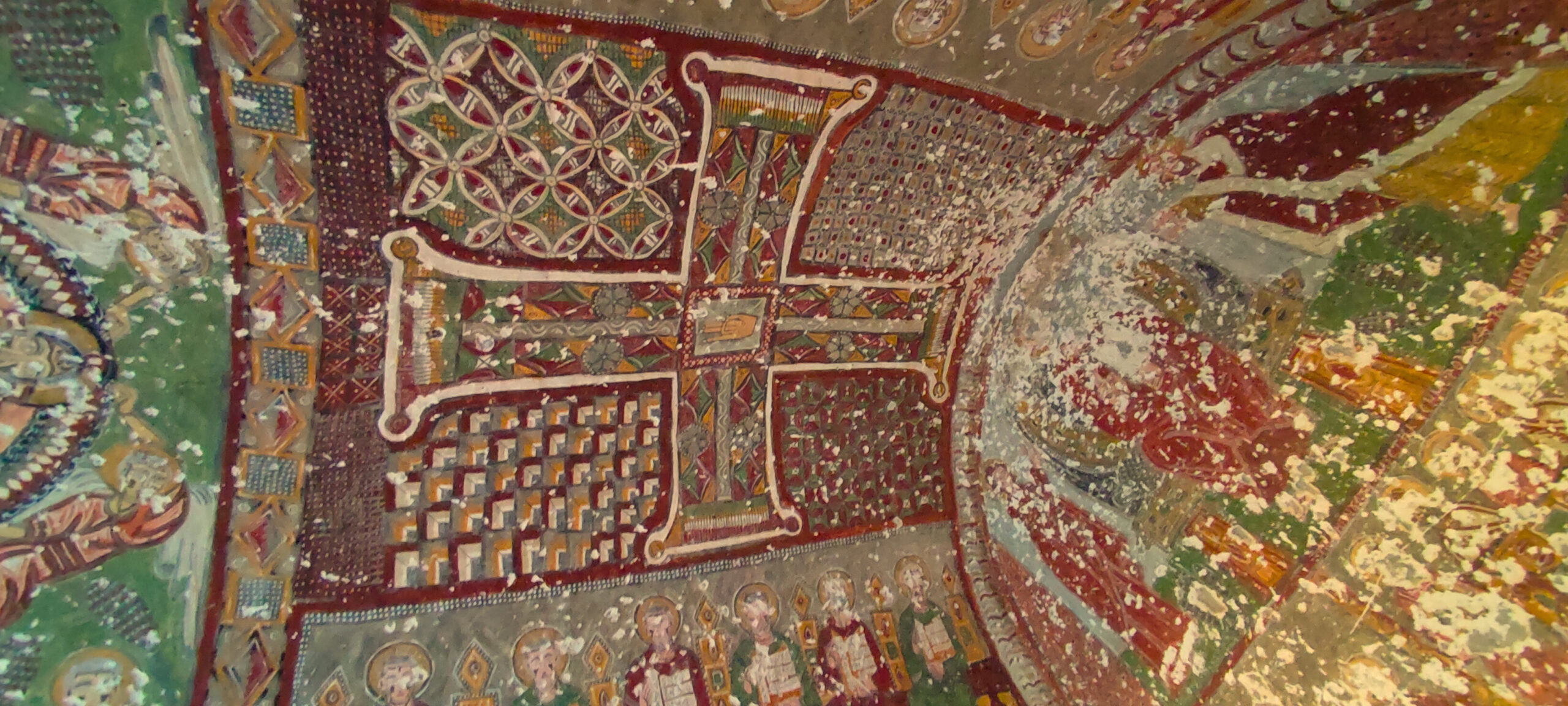
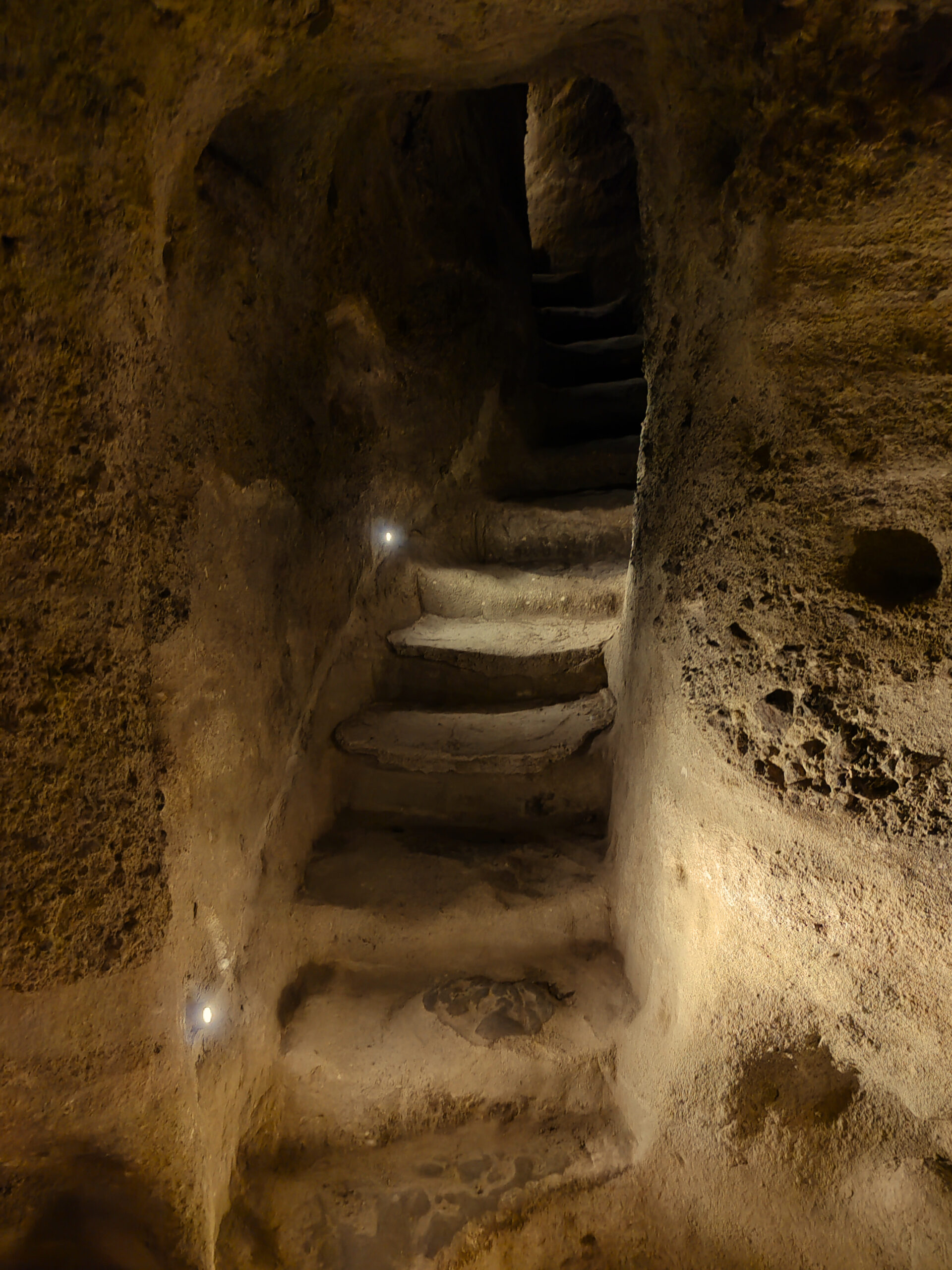
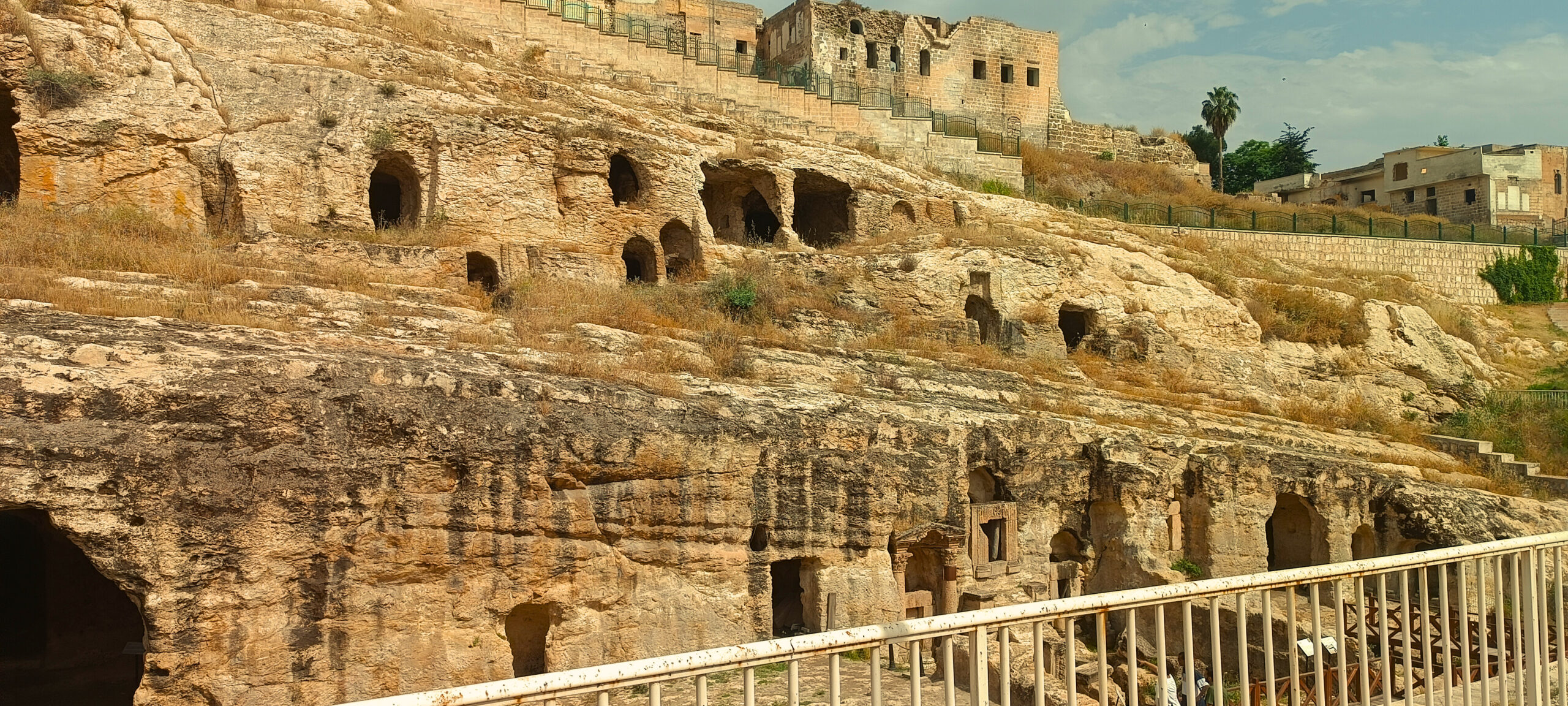
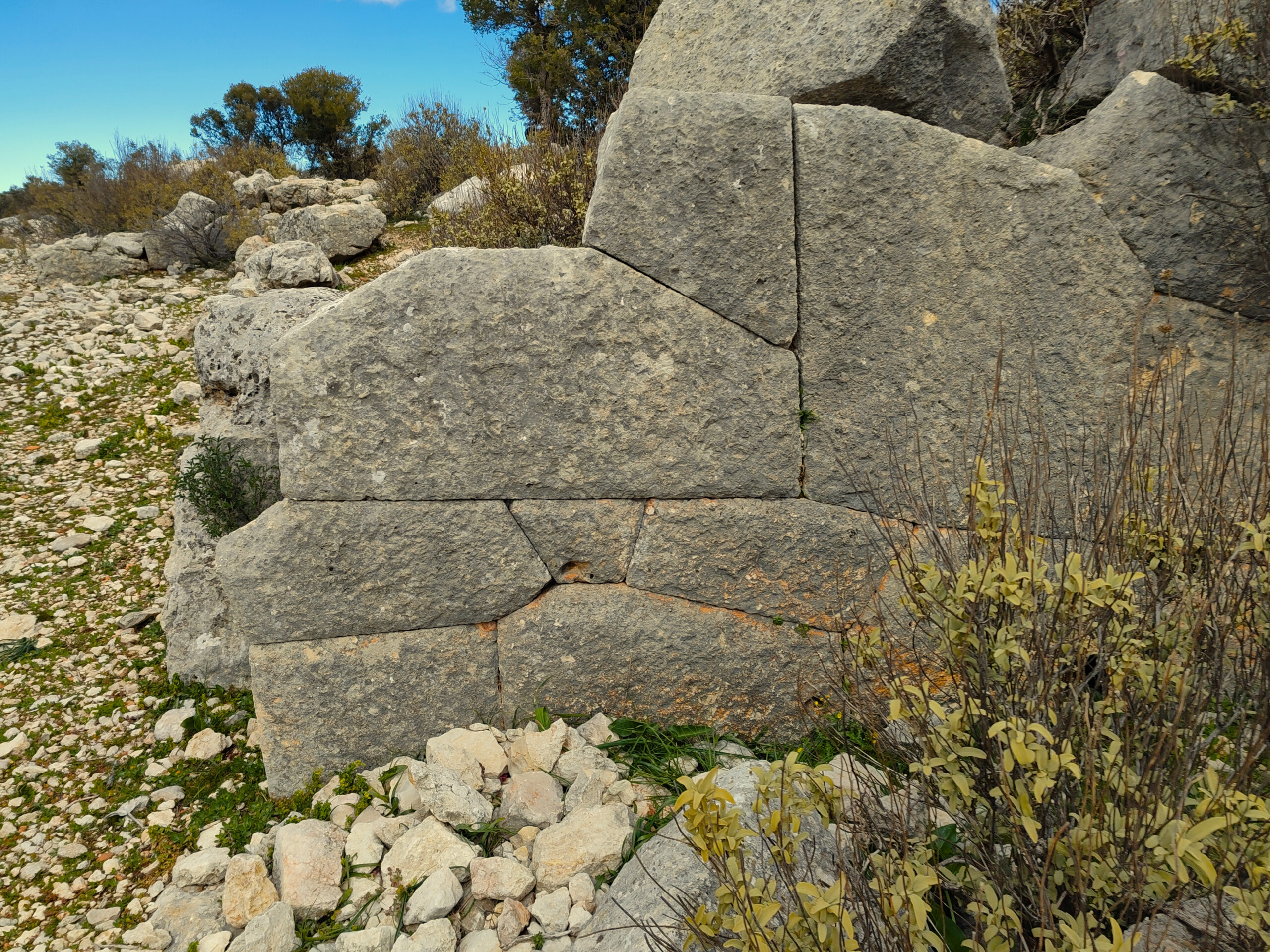
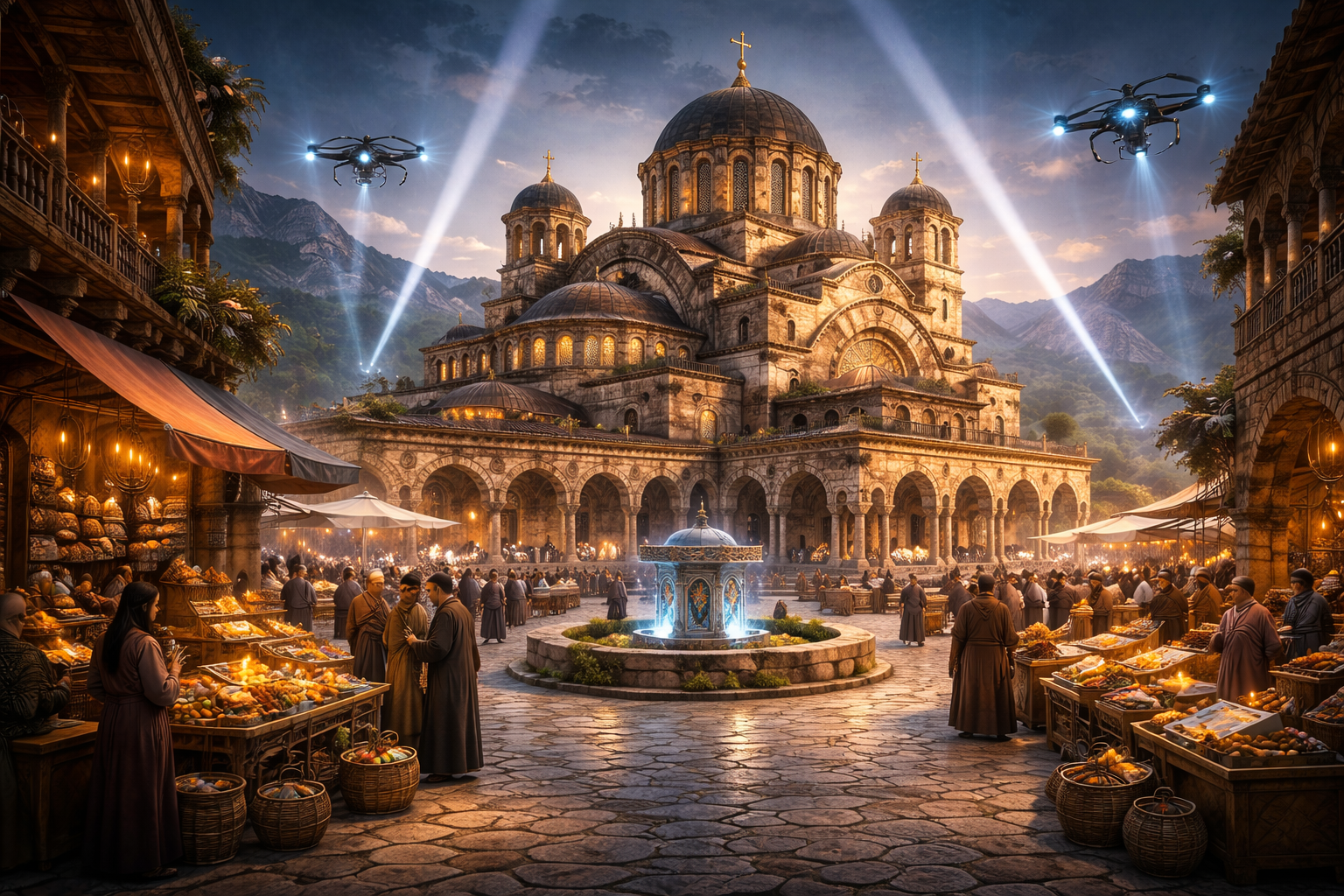


Leave a Reply